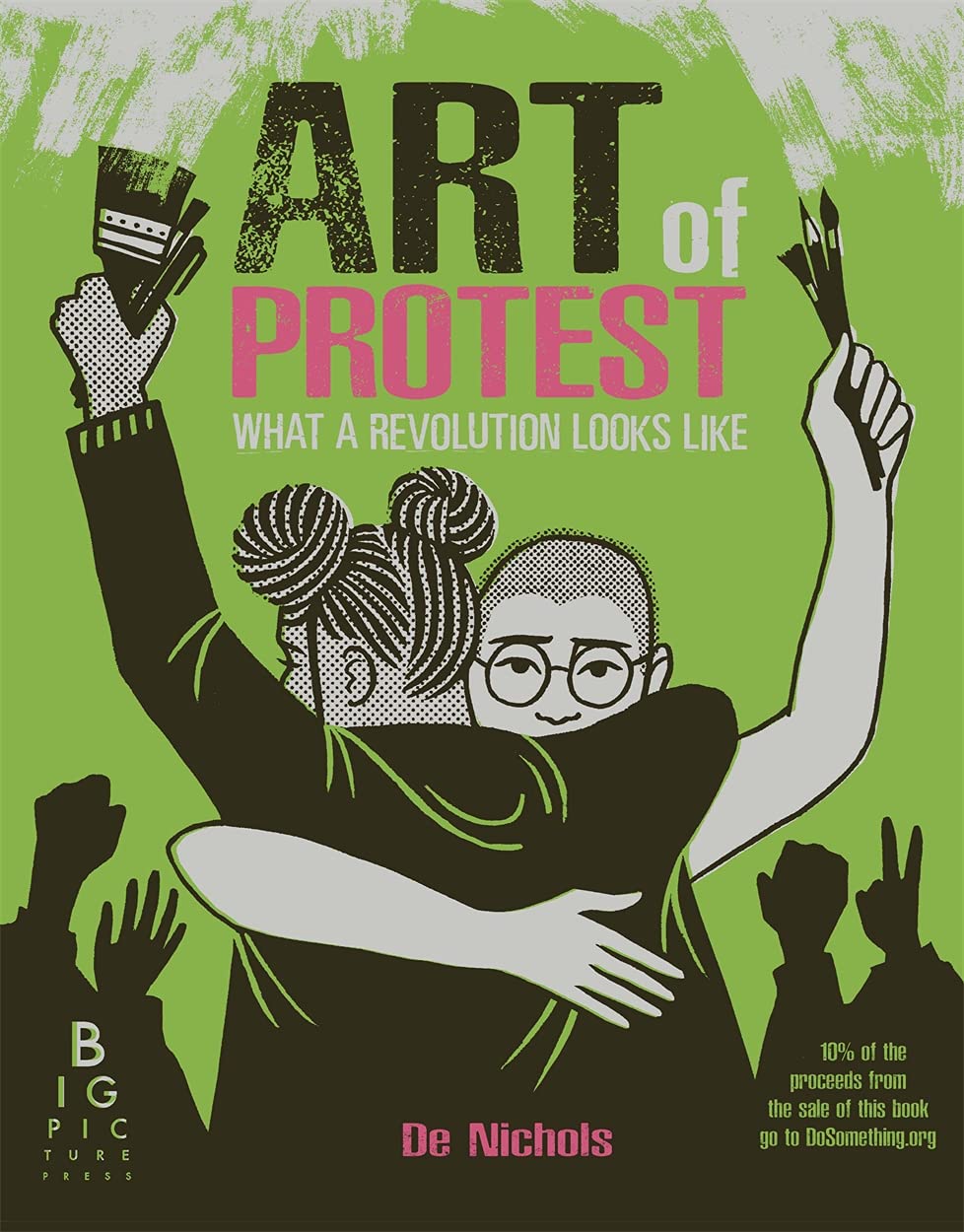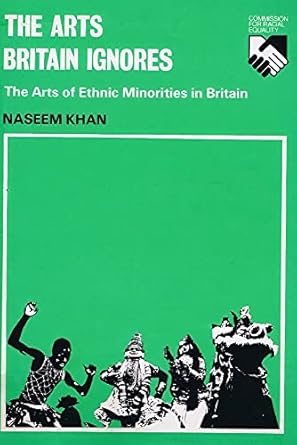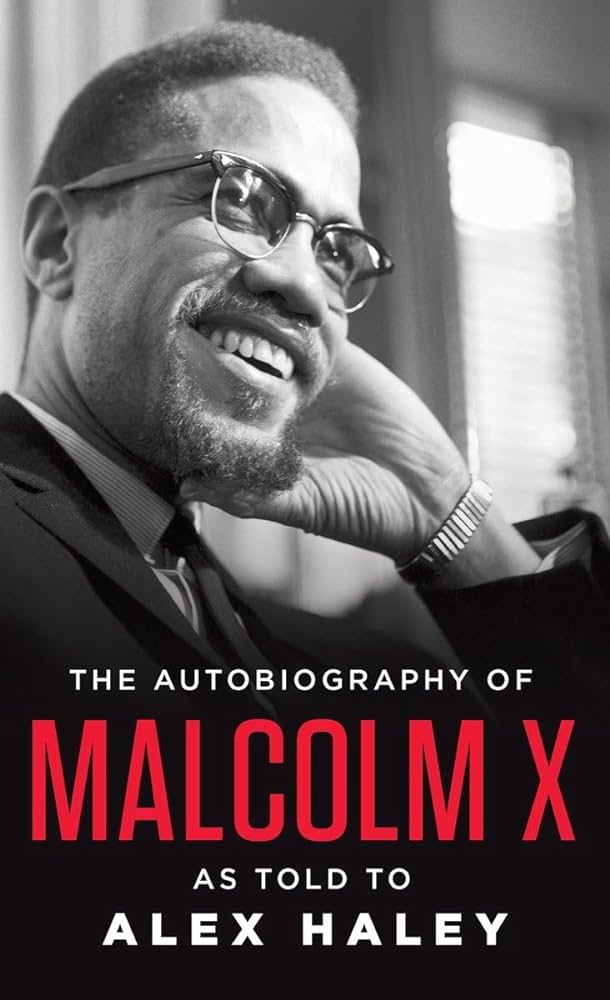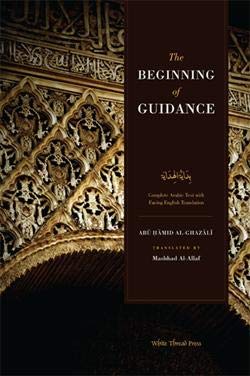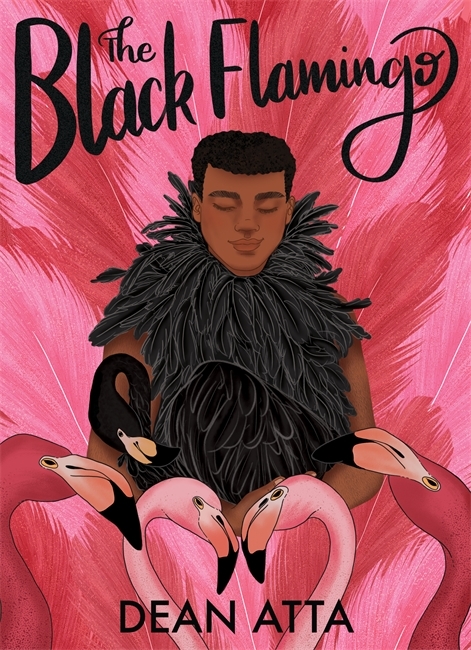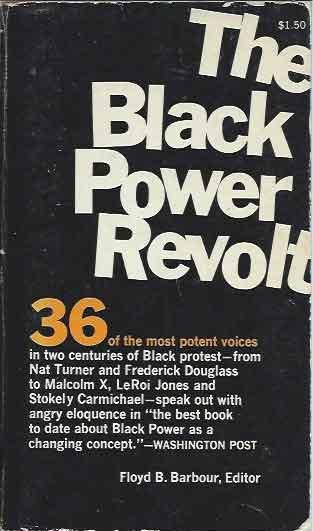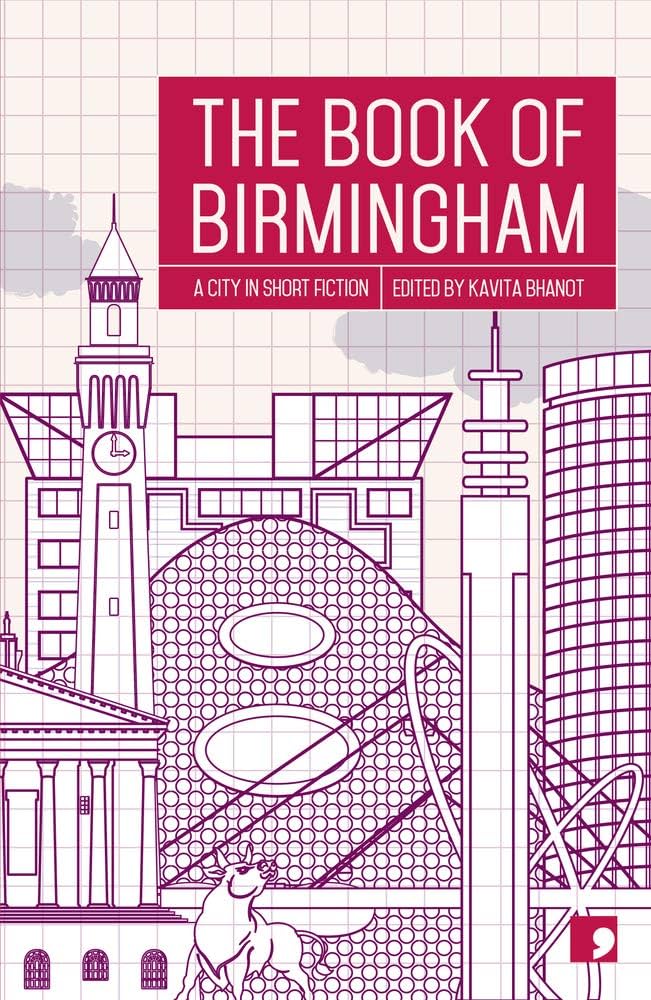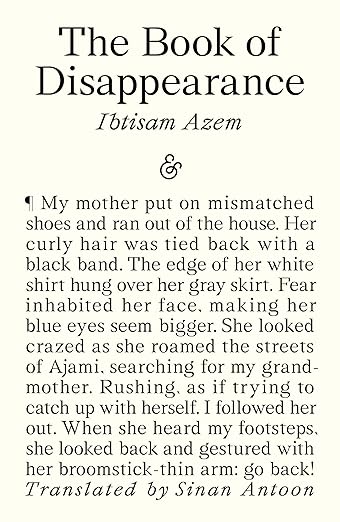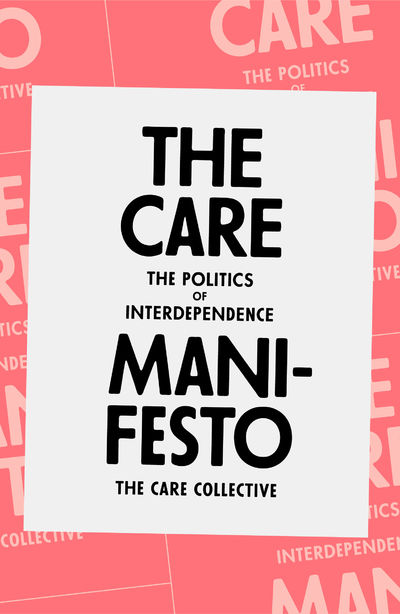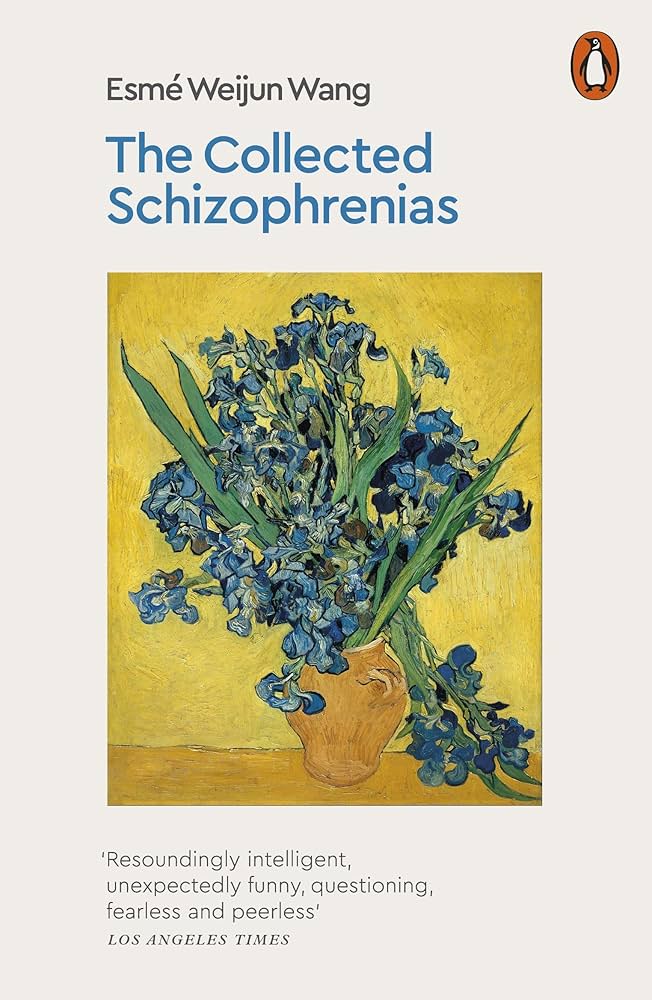From the psychedelic typography used in 'Make Love Not War' posters of the 60s, to the solitary raised fist, take a long, hard look at some of the most memorable and striking protest artwork from across the world and throughout history. With an emphasis on design, analyse each artwork to understand how colour, symbolism, technique, typography and much more play an important role in communication, and learn about some of the most influential historical movements.
Tips and activities are also included to get you started on making some of your own protest art.
Guided by activist, lecturer and speaker De Nichol's powerful own narrative and stunningly illustrated by a collaboration of young artists from around the world, including Diana Dagadita, Olivia Twist, Molly Mendoza, Raul Oprea and Diego Becas, Art of Protest is as inspiring as it is empowering.
In the searing pages of this classic autobiography, originally published in 1964, Malcolm X, the Muslim leader, firebrand, and anti-integrationist, tells the extraordinary story of his life and the growth of the Black Muslim movement. His fascinating perspective on the lies and limitations of the American Dream, and the inherent racism in a society that denies its nonwhite citizens the opportunity to dream, gives extraordinary insight into the most urgent issues of our own time. The Autobiography of Malcolm X stands as the definitive statement of a movement and a man whose work was never completed but whose message is timeless. It is essential reading for anyone who wants to understand America.
Imam Ghazali’s Bidayat al-Hidaya is a highly motivational manual detailing the fundamentals of acquiring guidance through God-consciousness (taqwa). Imam Ghazali argues that just as there is an end to this noble objective there is also a beginning to it, which must be made firm for one to achieve success. He then goes on to expound the fundamentals of this “beginning.” While being concise and to-the-point the manual is laid out in the form of a detailed daily timetable providing the reader strong inspiration and much heart-rending counsel. The three sections of this book are on obedience, refraining from disobedience, and the etiquette of companionship with the Creator and with creation. One of Imām Ghazālī’s final works, it embodies a lifetime of learning, experience, and spirituality and can be taken as an introduction to his larger works. This translation published for the first time with facing Arabic text also includes many notes and transliteration for the supplications contained within.
A boy comes to terms with his identity as a mixed-race gay teen - then at university he finds his wings as a drag artist, The Black Flamingo. A bold story about the power of embracing your uniqueness. Sometimes, we need to take charge, to stand up wearing pink feathers - to show ourselves to the world in bold colour.
"Floyd Barbour's The Black Power Revolt does us great service by showing how current concepts of Black Power are deeply rooted in history and are recorded in the writings of such men as Nat Turner, Frederick Douglass, and W. E. B. DuBois. Barbour skillfully edits an assorted collection of essays (some original) that focus on theoretical and practical aspects of the various interpretations of Black Power"--From Lucius J. Barker's book review in the Midwest journal of political science, Volume 13, Number 4 (November, 1969).
Few cities have undergone such a radical transformation over the last few decades as Birmingham. Culturally and architecturally, it has been in a state of perpetual flux and regeneration, with new communities moving in, then out, and iconic post-war landmarks making way for brighter-coloured, 21st century flourishes. Much like the city itself, the characters in the stories gathered here are often living through moments of profound change, closing in on a personal or societal turning point, that carries as much threat as it does promise. Set against key moments of history – from Malcolm X’s visit to Smethwick in 1965, to the Handsworth riots two decades later, from the demise of the city’s manufacturing in the 70s and 80s, to the on-going tensions between communities in recent years – these stories celebrate the cultural dynamism that makes this complex, often divided ‘second city’ far more than just the sum of its parts.
'A seductively bold concept... Rich, potent.' The Guardian
‘Brilliant and audacious’ Kamila Shamsie
'Unquestionably powerful.' Words Without Borders
Alaa is haunted by his grandmother's memories of being displaced from Jaffa and becoming a refugee in her homeland after the Nakba. Ariel, Alaa’s neighbour and friend, is a liberal Zionist, critical of the military occupation of the West Bank and Gaza yet faithful to the project of Israel. When he wakes up one morning to find that all Palestinians have suddenly vanished, Ariel begins searching for clues to the secret of their collective disappearance.
That search, and Ariel’s reactions to it, intimately reveal the fissures at the heart of the Palestinian question. Between the stories of Alaa and Ariel are the people of Jaffa and Tel Aviv – café patrons, radio commentators, flower-cutters – against whose ordinary lives these fissures and questions play out.
‘In this immensely readable novel, Ms. Azem does not resolve for us the calamity of Palestine's occupation by Israel. But stylishly and with jeweled virtuosity she makes us understand that acts of great and humane imagination will be required, and with this potent book points where and how we must all go.’ Richard Ford
We are in the midst of a global crisis of care. How do we get out of it?
The Care Manifesto puts care at the heart of the debates of our current crisis: from intimate care—childcare, healthcare, elder care—to care for the natural world. We live in a world where carelessness reigns, but it does not have to be this way.
The Care Manifesto puts forth a vision for a truly caring world. The authors want to reimagine the role of care in our everyday lives, making it the organising principle in every dimension and at every scale of life. We are all dependent on each other, and only by nurturing these interdependencies can we cultivate a world in which each and every one of us can not only live but thrive.
The Care Manifesto demands that we must put care at the heart of the state and the economy. A caring government must promote collective joy, not the satisfaction of individual desire. This means the transformation of how we organise work through co-operatives, localism and nationalisation. It proposes the expansion of our understanding of kinship for a more 'promiscuous care'. It calls for caring places through the reclamation of public space, to make a more convivial city. It sets out an agenda for the environment, most urgent of all, putting care at the centre of our relationship to the natural world.
Esmé Weijun Wang was officially diagnosed with schizoaffective disorder in 2013, although the hallucinations and psychotic episodes had started years before that. In the midst of a high functioning life at Yale, Stanford and the literary world, she would find herself floored by an overwhelming terror that 'spread like blood', or convinced that she was dead, or that her friends were robots, or spiders were eating holes in her brain. What happens when your whole conception of yourself is turned upside down? When you're aware of what is occurring to you, but unable to do anything about it?
Written with immediacy and unflinching honesty, this visceral and moving book is Wang's story, as she steps both inside and outside of her condition to bring it to light. Following her own diagnosis and the many manifestations of schizophrenia in her life, she ranges over everything from how we label mental illness to her own use of fashion and make-up to present herself as high-functioning, from the failures of the higher education system to how factors such as PTSD and Lyme disease compounded her experiences. Wang's analytical, intelligent eye, honed as a former lab researcher at Stanford, allows her to balance research with haunting personal narrative. The Collected Schizophrenias cuts right to the core and provides unique insight into a condition long misdiagnosed and much misunderstood.

